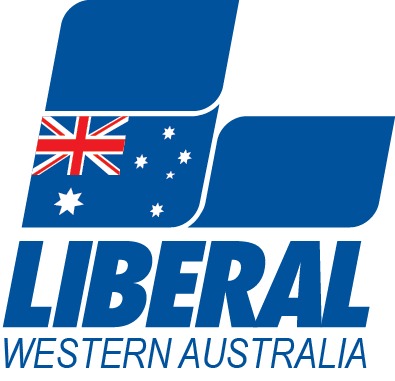The Voice debate is finally over. The result was conclusive with every State rejecting the Prime Minister’s proposal. Heavy defeats occurred in WA and in my electorate of Durack with 63 per cent and 73 per cent respective No votes.
Debates as to why this proposal failed will continue for years to come. My conclusion is the failure was largely due to the Albanese Government rushing the process.
They dismissed practical concerns and questions and instead went all in on the vibe. The Government failed to demonstrate how inserting an untried Voice into the Constitution would deliver any meaningful change.
The Prime Minister has a lot to answer for. To lose in a landslide is an indictment of his leadership and judgment to not strike a compromise that could have succeeded. He made this his number-one priority during the most extreme cost-of-living crisis in decades. This was an unnecessary exercise costing $450 million, which delivered nothing but division.
Australians, by their very nature, are hardworking and tolerant of cultural differences. What concerns me is that this referendum has brought about unintended consequences. The Voice appears to be the straw that broke the back of political correctness. We have gone along with these unspoken rules for decades and my sense is that people are fed up. The result of this potential lack of tolerance remains to be seen. Regardless, Anthony Albanese must take responsibility.
The question remains how do we overcome Indigenous disadvantage?
We must begin by being honest about the problems that exist. This means not being afraid to challenge the politically correct climate and focusing on the programs that we know are needed to address the big issues of getting more kids into school and off the streets.
The biggest threat to the success of the next generation isn’t what happened decades or centuries ago, but what is happening today.
A royal commission into child sexual abuse in Indigenous communities would address the disgraceful abuse being inflicted today. Protecting children from harm should be our top priority, even if it highlights an ugly reality. This week the Albanese Government voted against this solution.
Billions of dollars a year are spent on addressing Indigenous disadvantage. An inquiry into the current expenditure, proposed by the Coalition, would be a good step in acknowledging the waste, mismanagement and sometimes fraud that has occurred in this space.
However, an audit will only take us so far. We need to look forward, not backwards. Give me a whiteboard and I’ll quickly write down several programs that should be backed in.
We should reinstate the cashless debit card as a matter of urgency. Income management delivers more food on the table for kids instead of grog for parents. Ending the normalisation of alcohol abuse will assist Aboriginal kids to grow up in a safe and stable environment. When kids feel safer at home, they are less likely to be on the streets causing trouble.
Between 2015-19, an Indigenous female was 7.6 times as likely to die by homicide as a non-Indigenous female. Yet we know far more attention is paid when the victim is a middle-class white woman. We shouldn’t be scared to highlight the scourge. Delivering support services for victims is not enough. We also need to scale up prevention and intervention programs for the perpetrators of domestic violence.
Attending school is critical to getting ahead in life. Programs like SHINE, which operates across schools in the Mid West, seek to keep young women engaged and build positive relationships with the school. Aboriginal students participating in this program have higher than average attendance.
I also know of some very successful diversionary programs such as SafeSPACE where activities are run before and after school at Roebourne PCYC. Aboriginal kids are given a safe place to have fun and learn important life skills, including cooking for themselves and washing their own clothes.
The activists are wrong when they proclaim the referendum result as the end of reconciliation in Australia. We cannot give up on improving the lives of our most marginalised. That is not the Australian way. We are a country that believes in a hand-up.
The one positive out of the failed referendum is the increased understanding of Indigenous disadvantage and that things must change. Investing in the most successful programs involving local Aboriginal people and addressing the root causes of disadvantage is our path forward.
*Published in the West Australian, 23 October 2023
The Hon Melissa Price MP
Federal Member for Durack
Opposition Whip


